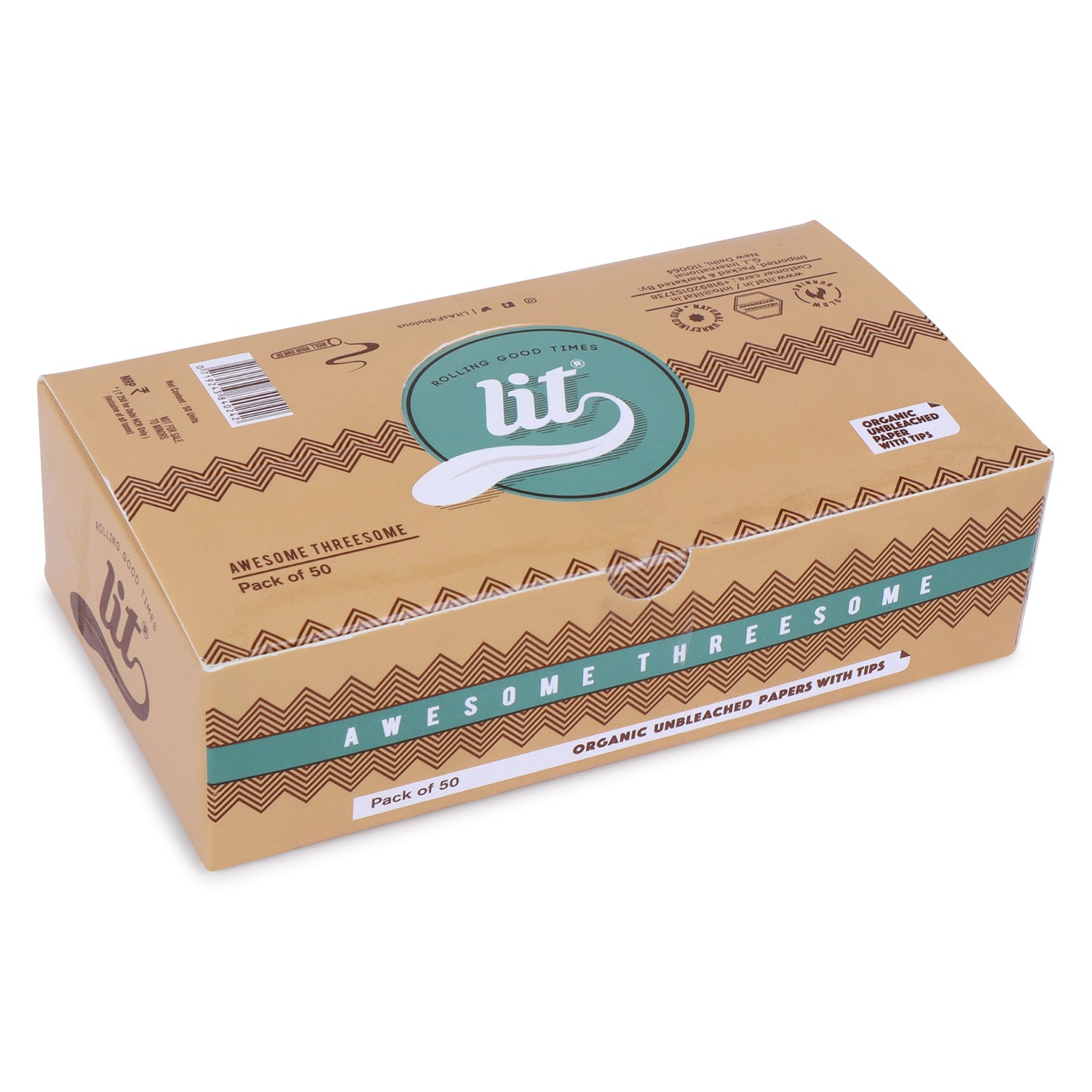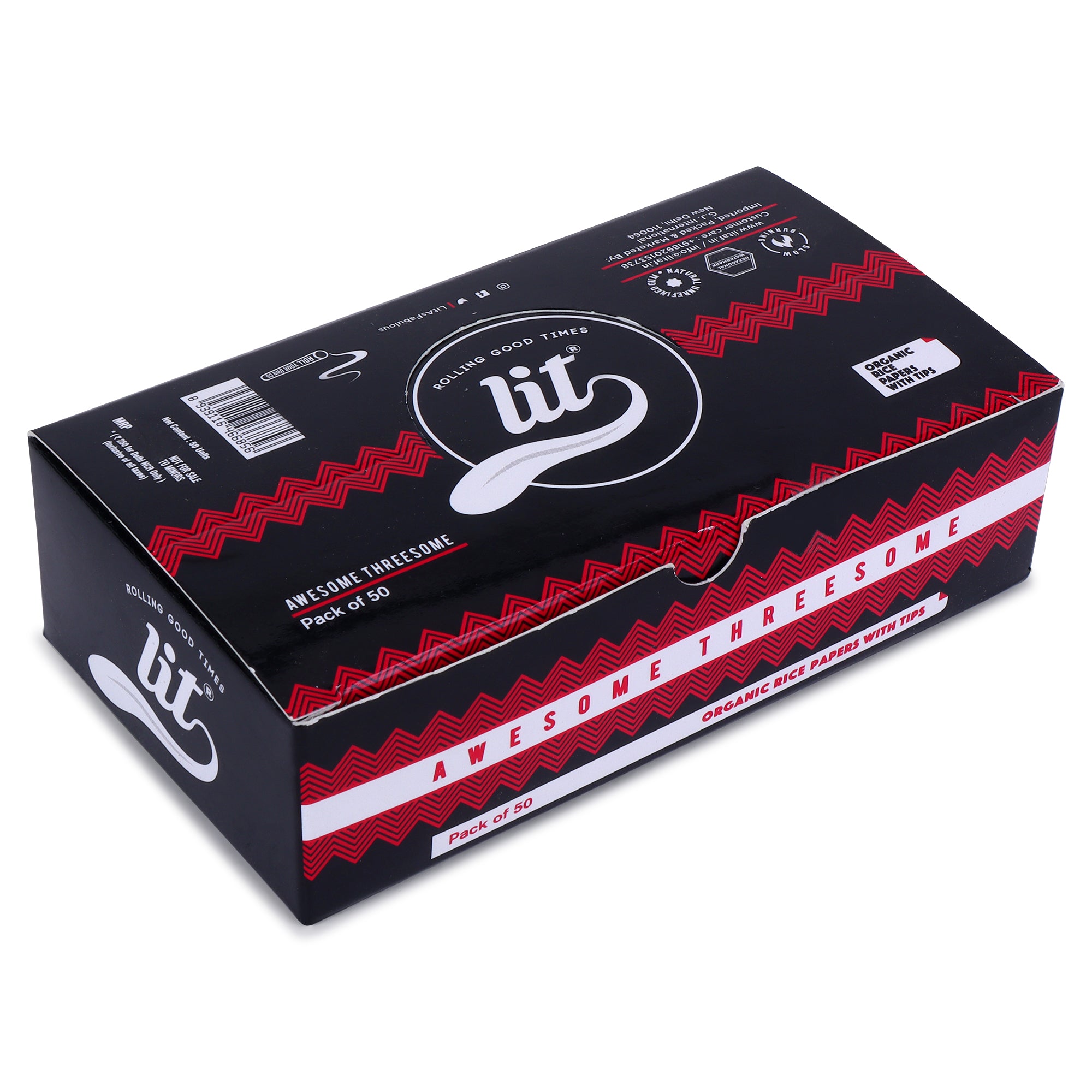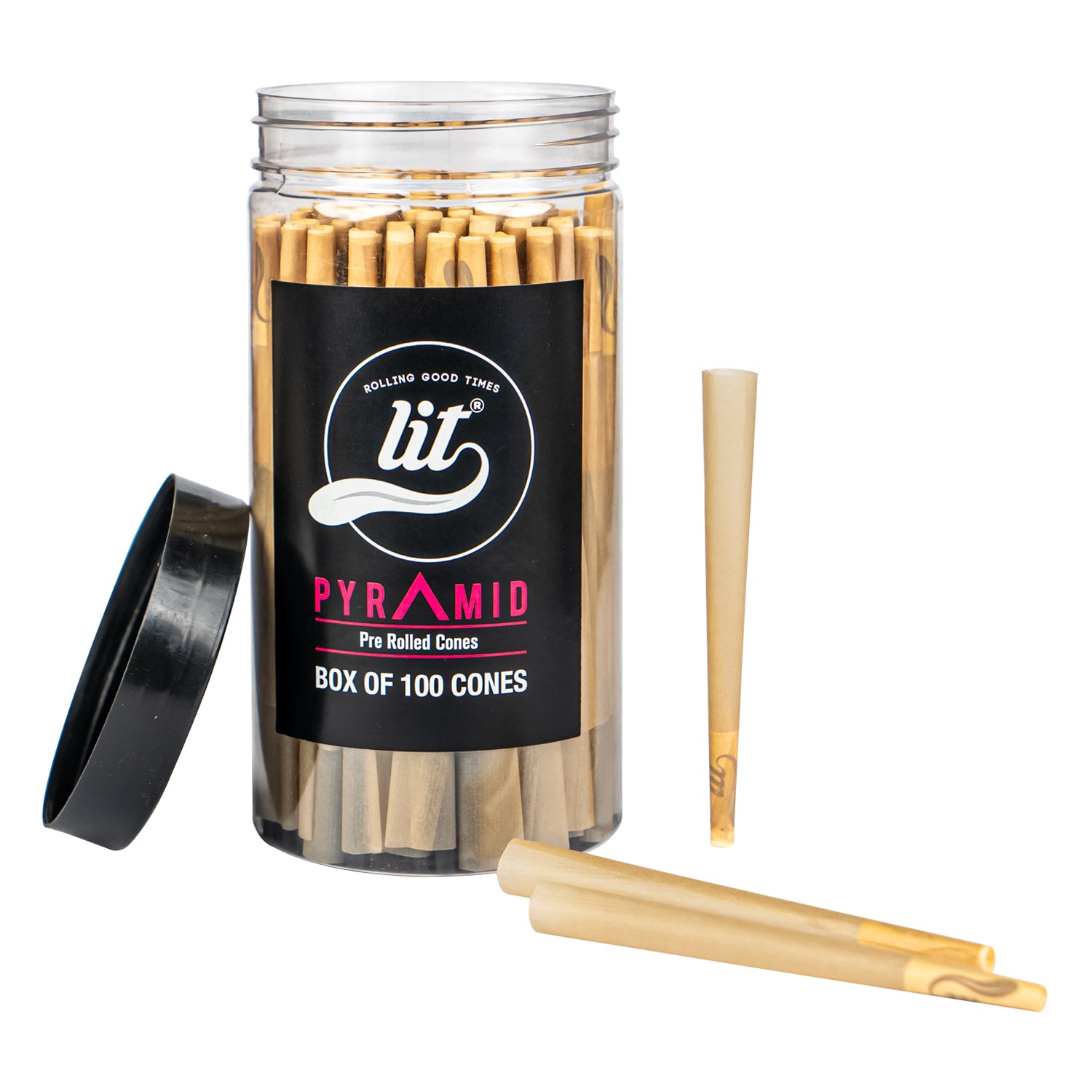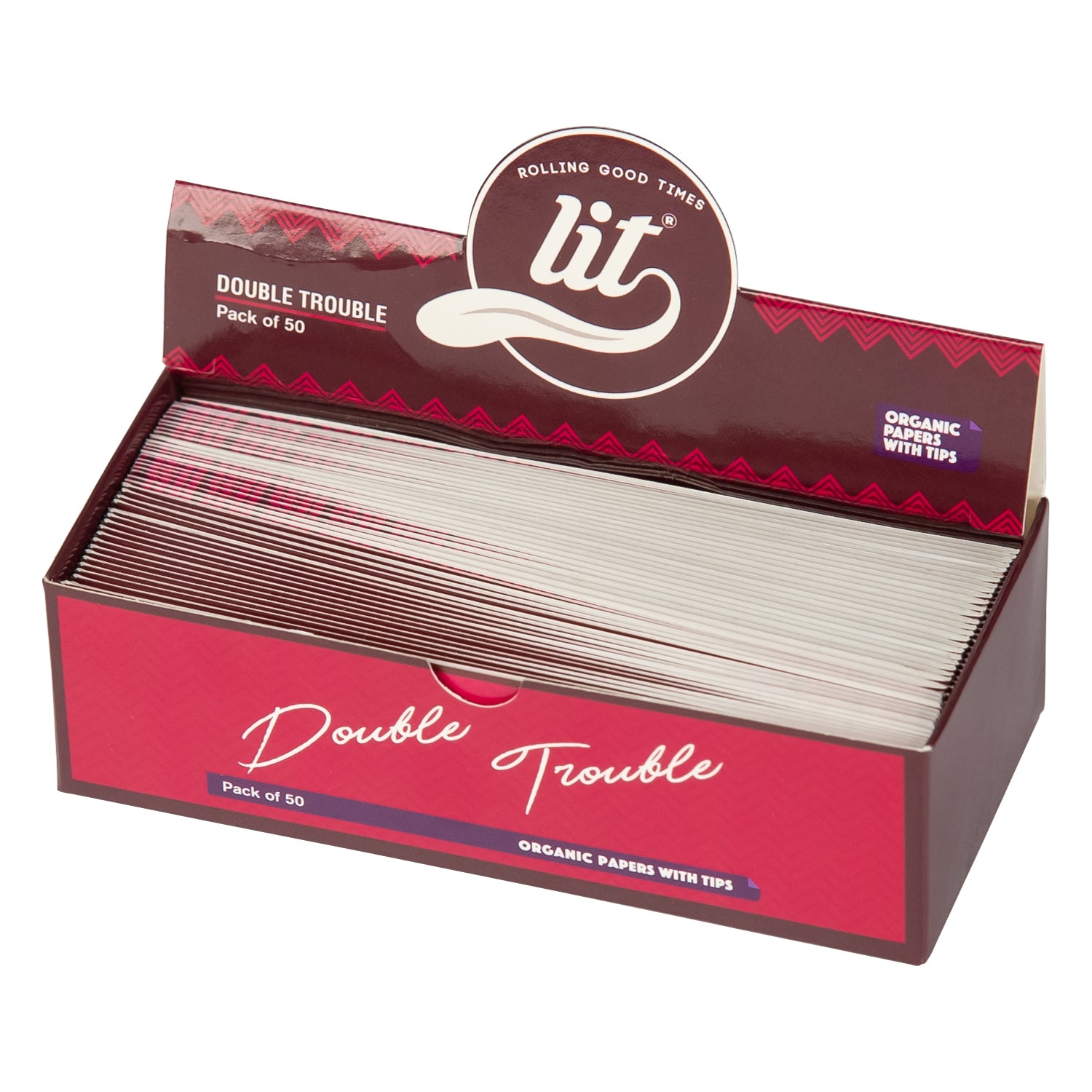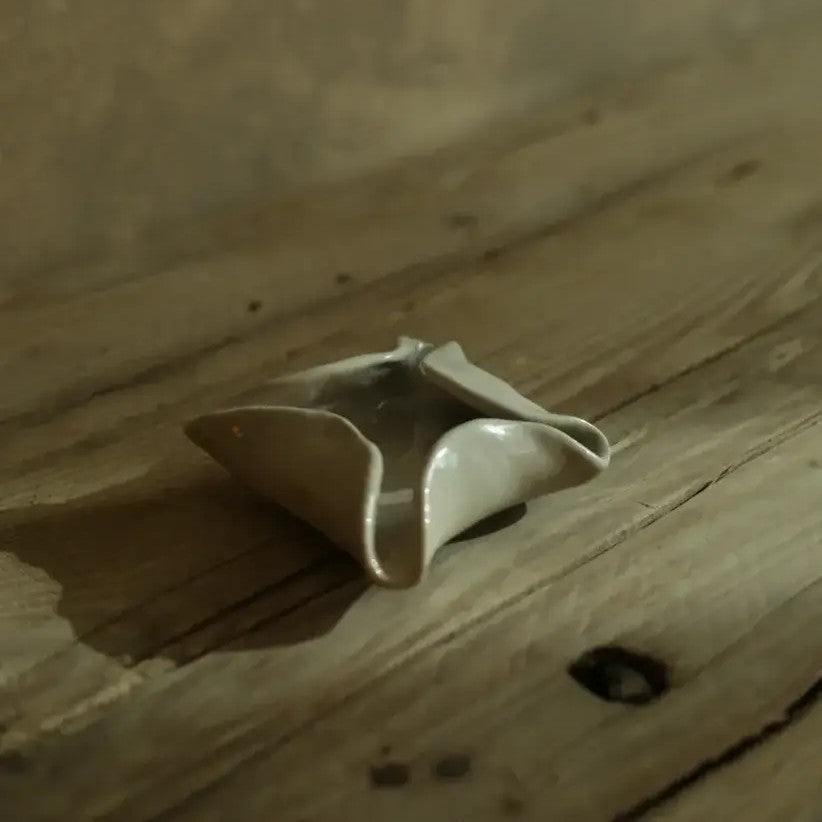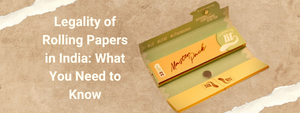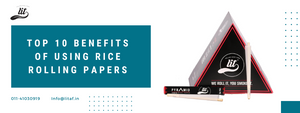Coconut coal has gained popularity among hookah enthusiasts for its perceived safety and performance. In this article, we'll delve into the safety aspects of using coconut coal for hookah and explore its benefits, considerations, and tips for usage.
The Safety of Coconut Coal
Composition and Manufacturing Process
Through a process called carbonization, which includes heating the shells without oxygen, coconut coal is produced from coconut shells.This process results in a pure form of charcoal with minimal impurities, making it a safer option compared to other types of charcoal.
Health Considerations
One of the primary reasons for the popularity of coconut coal is its reputation for being safer to use than alternatives such as quick-light charcoal. Coconut coal produces less ash and emits fewer harmful chemicals when burned, resulting in a cleaner and smoother smoking experience.
Benefits of Coconut Coal
Clean Burning
Coconut coal burns cleanly, with minimal ash residue, reducing the need for frequent cleaning and maintenance of the hookah apparatus. This cleanliness contributes to a more enjoyable and hassle-free smoking session.
Minimal Odor
Unlike some other types of charcoal, coconut coal produces minimal odor when lit, allowing the natural flavors of the hookah tobacco to shine through without being overpowered by unpleasant smells.
Longevity
Coconut coal tends to last longer and provide more consistent heat compared to other types of charcoal, ensuring a prolonged and uninterrupted smoking session.
Factors to Consider
Quality Control
When purchasing coconut coal for hookah use, it's essential to prioritize quality. Look for reputable brands that adhere to strict manufacturing standards to ensure that you're getting a safe and reliable product.
Avoiding Counterfeit Products
Be wary of counterfeit or substandard coconut coal products that may contain additives or impurities. Purchase from trusted sources to minimize the risk of exposure to harmful substances.
Storage and Handling
Proper storage and handling of coconut coal are crucial for maintaining its quality and safety. Store the charcoal in a cool, dry place away from moisture and direct sunlight, and handle it with care to prevent breakage or contamination.
Tips for Using Coconut Coal
Proper Heat Management
Achieving the optimal temperature is key to a satisfying hookah experience. Experiment with different coal configurations and heat management techniques to find the perfect balance for your preferences.
Preparing the Hookah
Before lighting the charcoal, ensure that the hookah apparatus is clean and properly assembled. Use fresh water in the base, and pack the bowl with high-quality tobacco for the best results.
Avoiding Overheating
Overheating the charcoal can lead to a harsh and unpleasant smoking experience. Monitor the heat levels closely and adjust as needed to prevent the tobacco from burning too quickly.
Common Misconceptions
Coconut Allergies
While rare, some individuals may have allergies to coconut products. If you or your guests have known allergies, exercise caution when using coconut coal and consider alternative options to avoid any adverse reactions.
Environmental Impact
Despite being derived from a natural source, coconut coal production can have environmental implications, particularly in regions where coconut trees are cultivated on a large scale. Consider the environmental impact when choosing your charcoal options and strive to minimize waste wherever possible.
Coconut coal is generally considered safe for hookah use, offering a clean, flavorful, and long-lasting smoking experience. By following proper usage guidelines and prioritizing quality and safety, hookah enthusiasts can enjoy all the benefits that coconut coal has to offer while minimizing potential risks.

